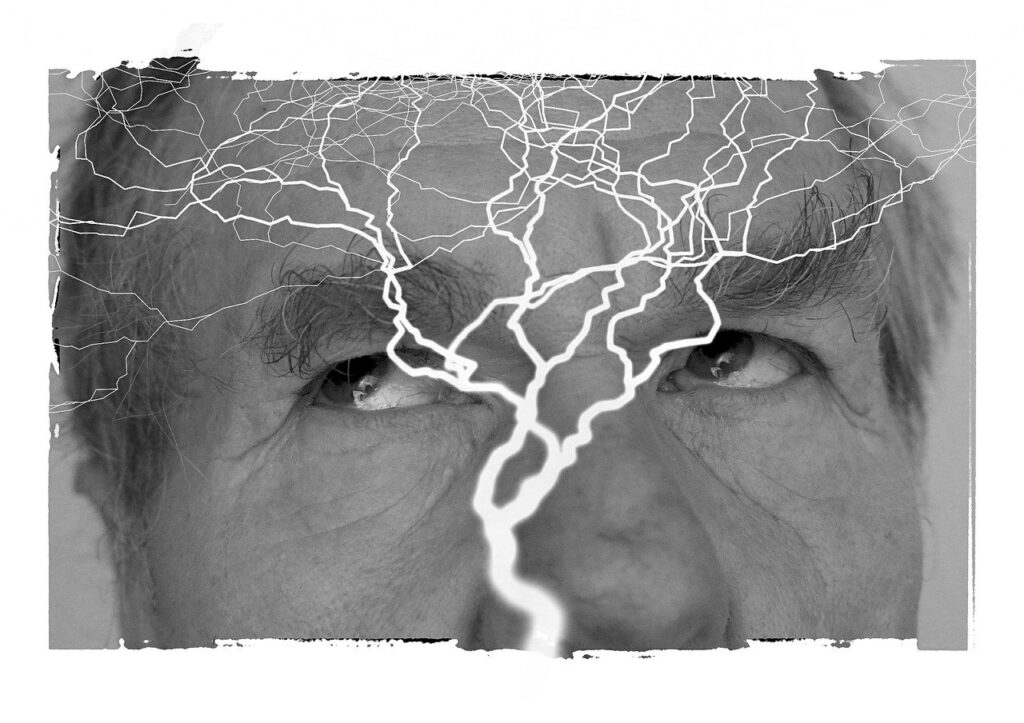ADHD and Epilepsy – Co-occurring Conditions
ADHD and epilepsy often occur together. People living with ADHD have an increased risk of seizures and ADHD is the most common co-occurring condition with epilepsy. Studies have found that 1 in 5 adult with epilepsy self-report symptoms of ADHD. For comparison, 4.4% of adults in the U.S. have ADHD. Also, research shows that 20% to 50% of children with epilepsy have ADHD, compared to 7% to 9% of children overall.
Experts are not yet sure about exactly why these two conditions appear together so often, since neither condition directly causes the other. Rather, they seem to share biological roots.
Factors Epilepsy and ADHD Share in Common
Certain factors that cause epilepsy may also increase your likelihood of developing ADHD, including:
- Brain structure differences
- Genetics
- Brain injury
- Prenatal exposure to drugs or toxins
MRI studies have revealed that individuals with both conditions show reductions in size for several brain areas:
- Cortical thickness (frontal, parietal, and temporal areas) – The frontal lobe helps you make decisions. Less gray matter in these areas can lead to the inattentive subtype of ADHD.
- Caudate – The caudate nucleus functions not only in planning the execution of skeletal movement, but also in learning, memory, reward, motivation and , emotion.
- Thalamus – Fewer nerve fibers coming out of the thalamus may lead to inattention symptoms.
- Hippocampus – The hippocampus is a complex brain structure embedded deep in the temporal lobe. It has a major role in learning and memory.
- Brain stem – A smaller brain stem may make it harder to remain alert.
Similar sized reductions were not observed in the group with epilepsy alone.
Family history also plays a major role in whether you have both conditions. Studies show if you have epilepsy, your chances of developing ADHD increase by:
- 56% if you have a sibling with epilepsy
- 64% if your father has epilepsy
- 85% if your mother has epilepsy
Treatment for Co-occurring ADHD and Epilepsy
Treating an individual with both epilepsy and ADHD can be challenging. Some seizure medicines can make ADHD symptoms worse. Some people are also concerned that stimulant medication, often used to treat ADHD, can trigger epileptic seizures.
Treatment for co-occurring ADHD and epilepsy may involve medication, therapy, and occupational interventions.
A review of research on ADHD in people with epilepsy showed that stimulant medications can effectively treat symptoms of ADHD. However, the stimulant medicine’s effect may be lower than what is seen in individuals with ADHD without epilepsy. The risk of more frequent seizures appears to be minimal with stimulant treatment. But you should be aware of the possible risks and watch out for increased seizure activity.
When people have both ADHD and epilepsy, it’s key to work with health care professionals knowledgeable about both epilepsy, and ADHD. A treatment plan that addresses both the epilepsy and ADHD should take the following into consideration:
- Some symptoms of ADHD may complicate the diagnosis of epilepsy, as they may be mistaken for seizures.
- If a person is having seizures, treating these first should be the priority. If seizures can be controlled, some symptoms thought to be due to ADHD may improve.
- Tracking how symptoms progress or change on treatment will help decide next steps.
- When symptoms of ADHD remain separate from seizures or in a person with controlled epilepsy, the ADHD should be treated. Reducing symptoms of ADHD may lessen stress and improve the person’s ability to manage his or her medication and life challenges.
- Treatment plans are ongoing and should be reviewed at least annually to make sure the treatment is working and to adjust as needed.
References
- https://www.healthline.com/health/adhd/adhd-and-epilepsy
- https://www.epilepsy.com/complications-risks/moods-behavior/adhd
- https://www.additudemag.com/new-research-shows-adhdepilepsy-link/
- https://psychcentral.com/adhd/adhd-and-epilepsy
- https://www.sharecare.com/brain-health-nervous-system/epilepsy/epilepsy-ADHD-connection



